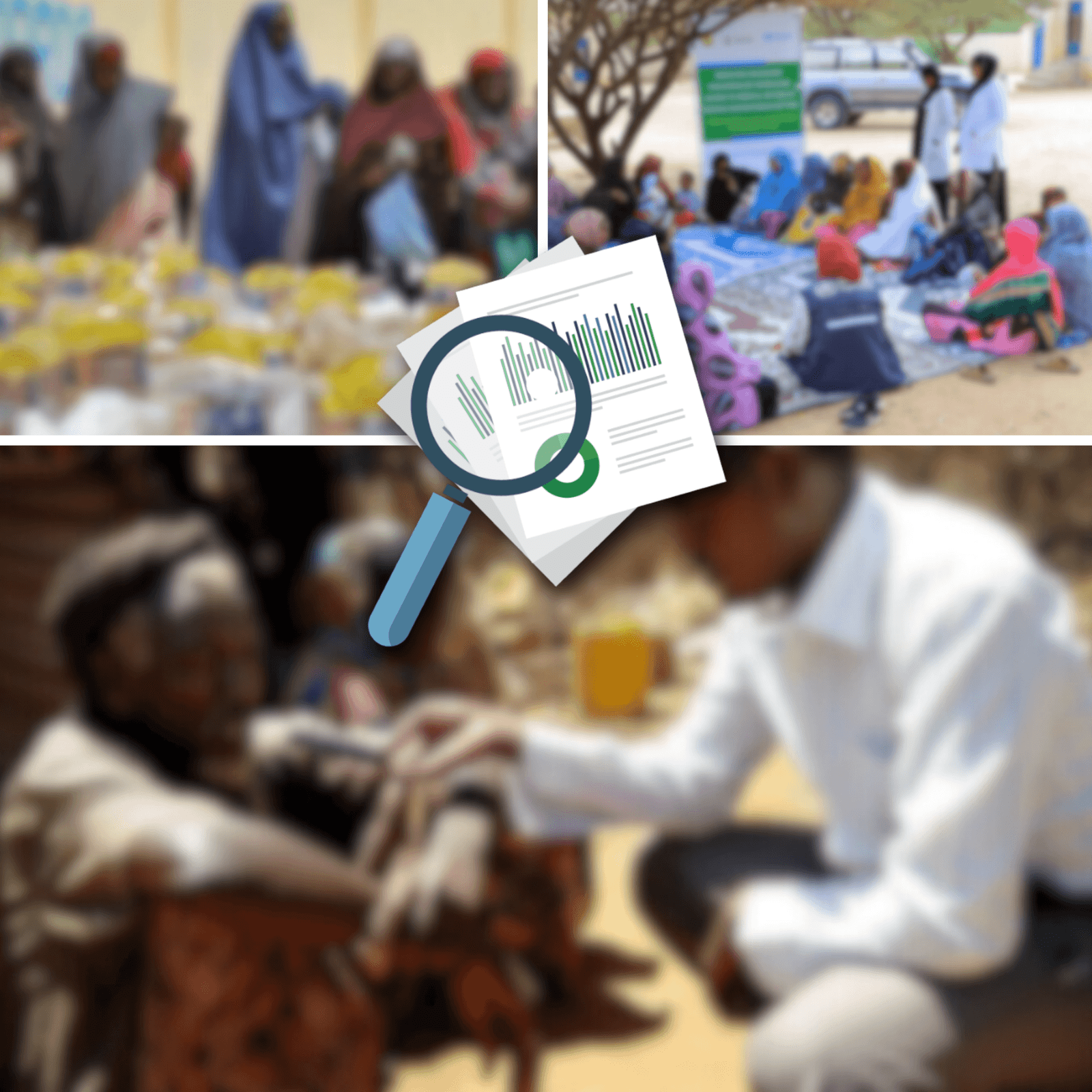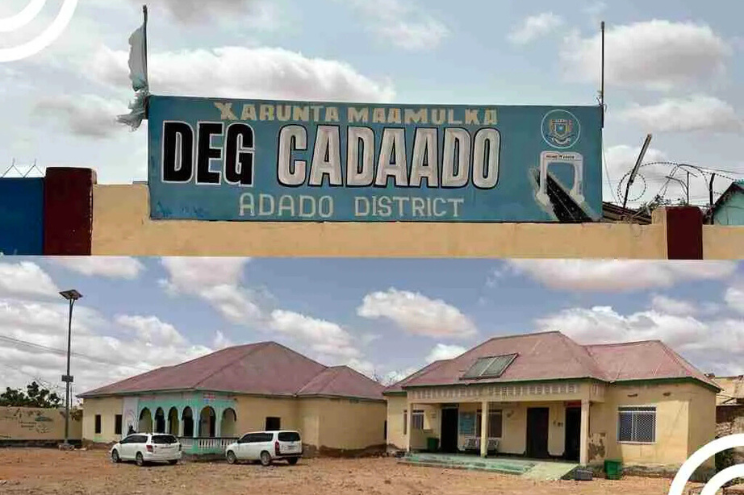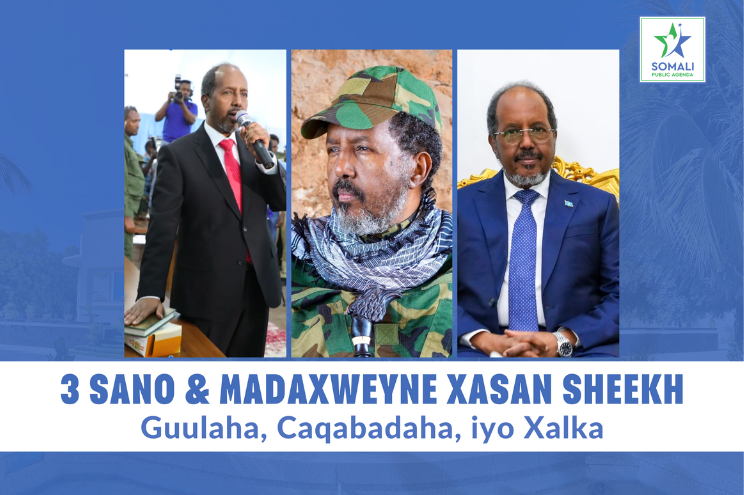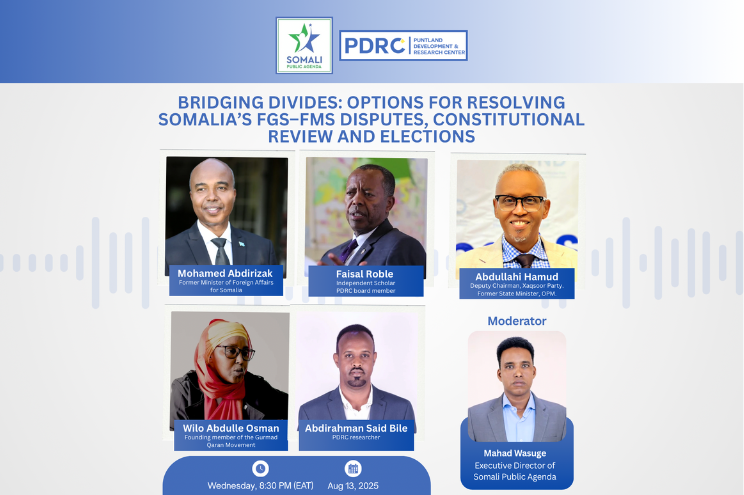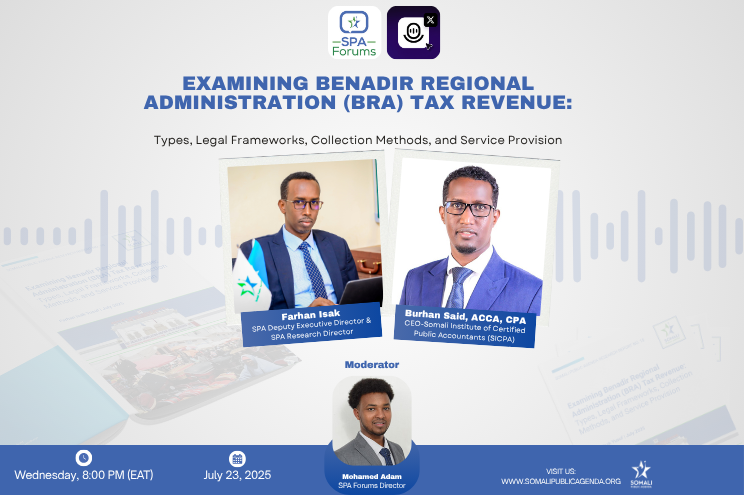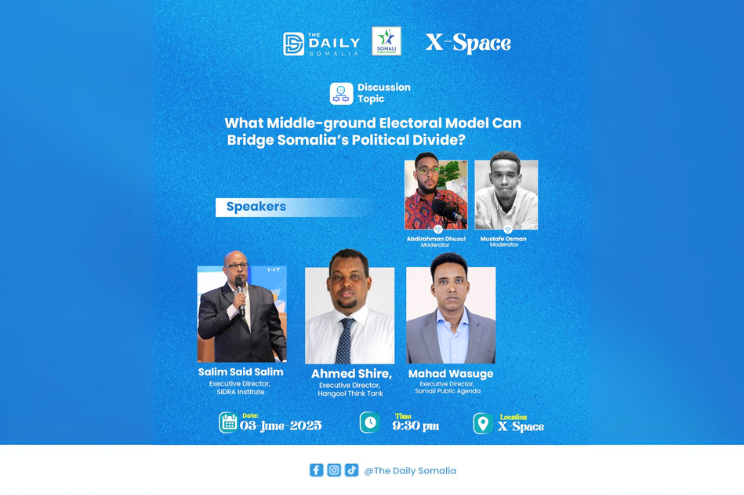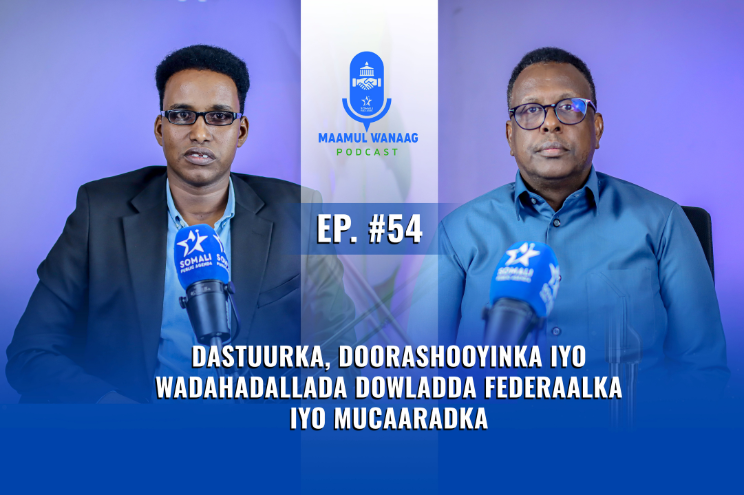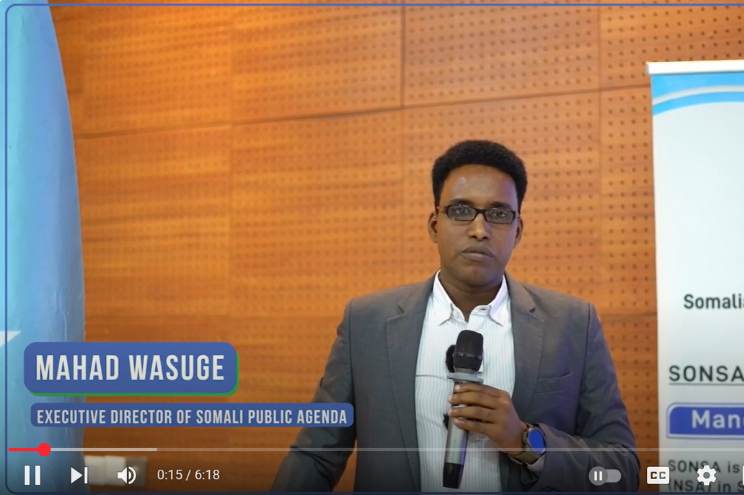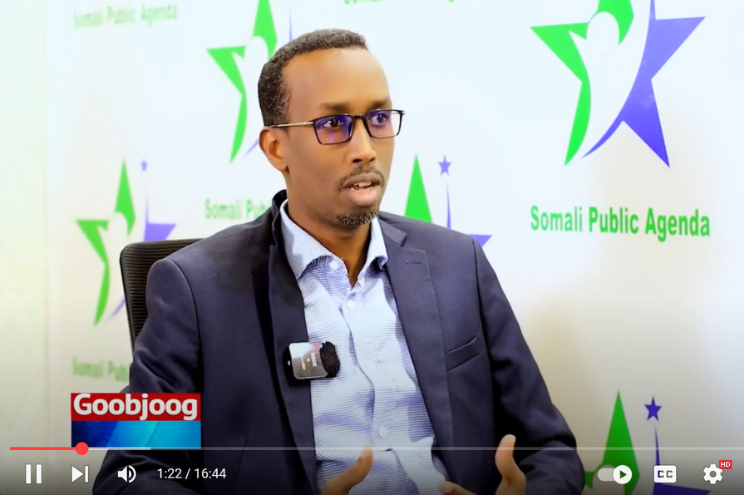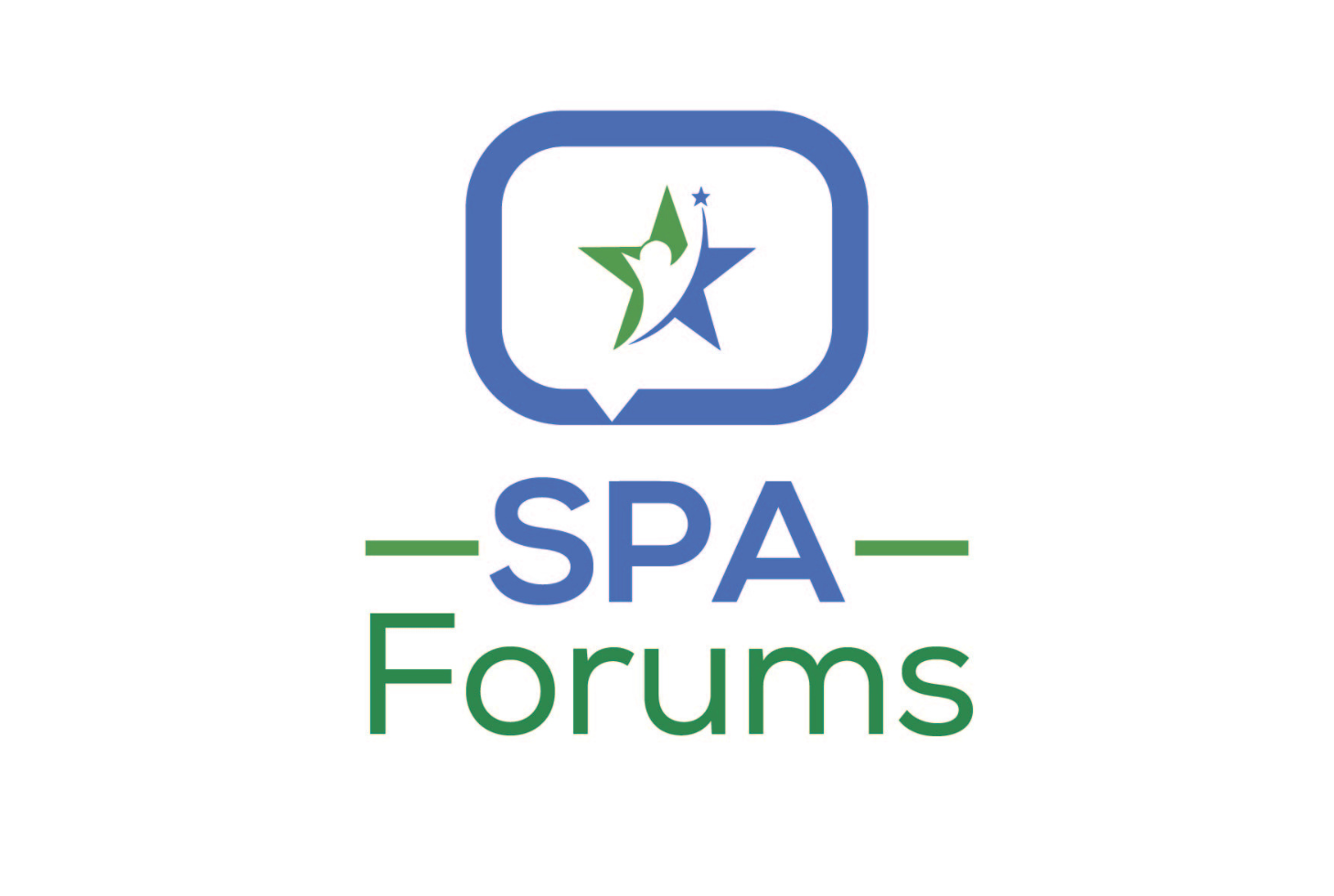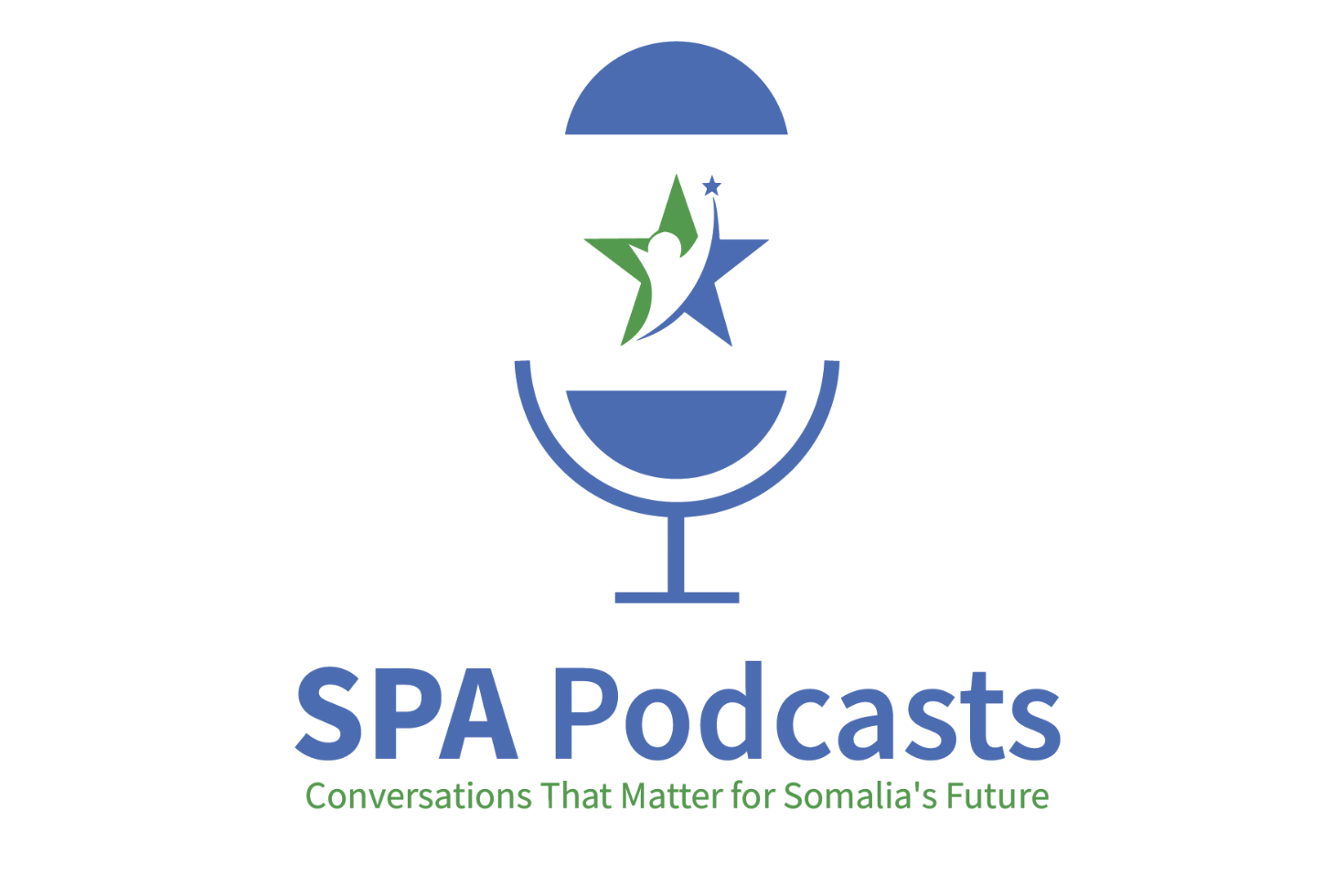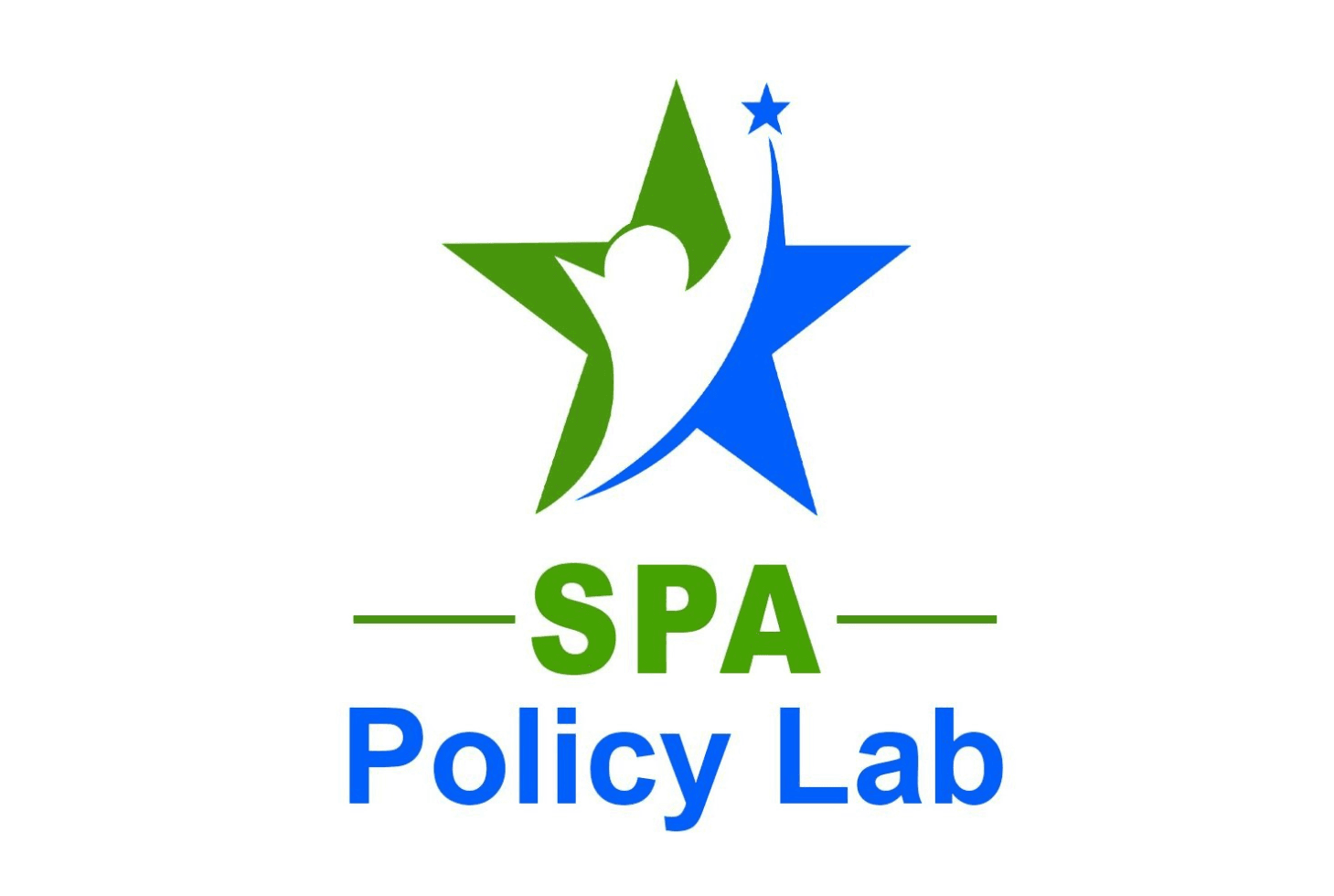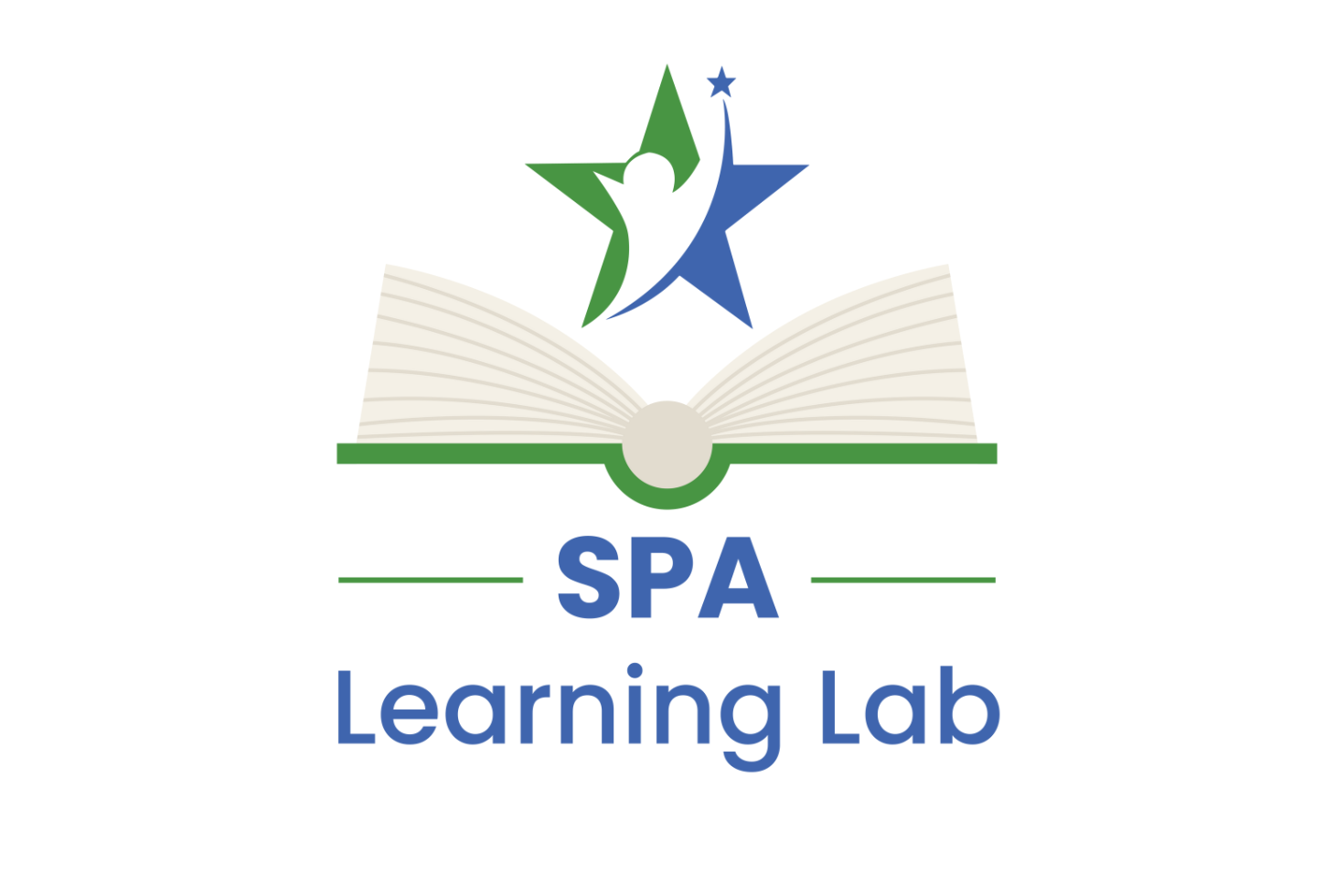
About Somali Public Agenda (SPA)
Better Governance for Brighter Somalia
Somali Public Agenda is a non-partisan and non-profit public policy and administration research organization based in Mogadishu. Its aim is to advance understanding and improvement of public administration and public services in Somalia through evidence-based research and analysis.
At Somali Public Agenda, we believe that all Somalis deserve better public services including access to affordable education, healthcare, housing, security and justice delivered via transparent and accountable authorities.



